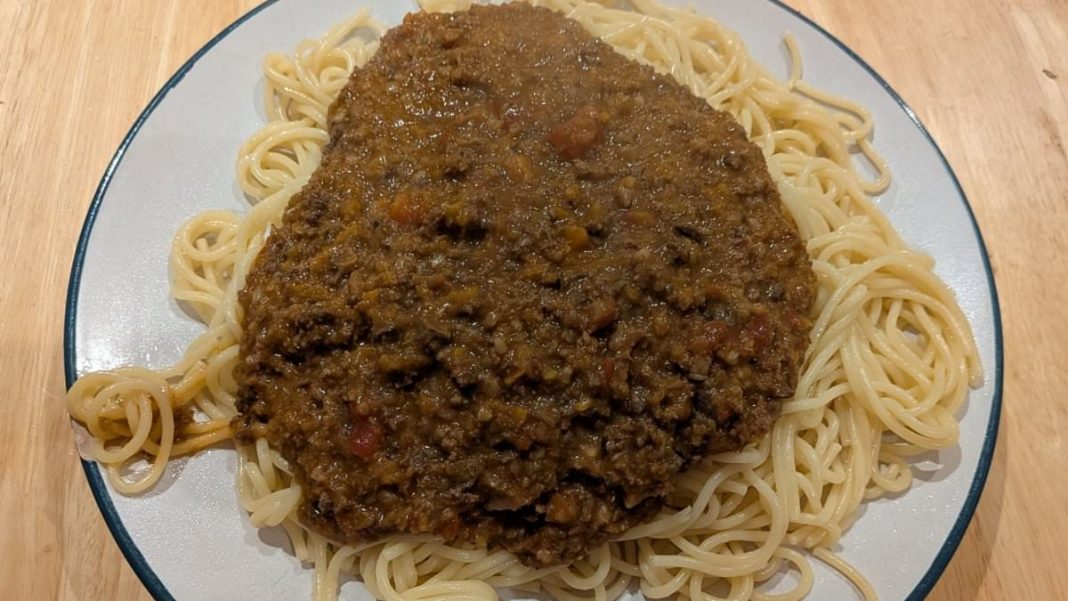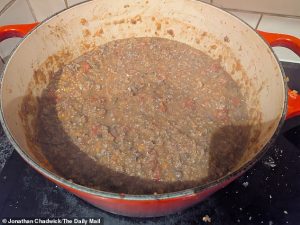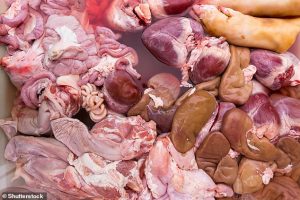Scientists Propose Offal as Sustainable Meat Alternative
British consumers could significantly reduce their environmental impact by incorporating offal – organ meats like heart, liver and kidneys – into their diets, according to new research from Swansea University.
Key Takeaways
- Offal-enriched meals found more acceptable than pure organ meats
- Spaghetti Bolognese with offal-beef mix was most popular in trials
- Eating more animal parts could reduce slaughter rates and greenhouse gases
- Offal is nutrient-rich and significantly cheaper than regular meat
Dr Tennessee Randall, a consumer psychologist, suggests that eating more offal could lower the number of animals slaughtered for food, thereby reducing greenhouse gas emissions from the meat industry. His study involving nearly 400 participants found that spaghetti Bolognese containing offal mixed with standard beef mince was particularly well-received.
The Offal Shopping Experience
Finding offal on the high street proved challenging, with one butcher at Whole Foods in Kensington completely unfamiliar with the term. After multiple attempts and explanations about “heart, liver, kidney,” the response was clear: “we don’t have that.”
Success came at Marks and Spencer, which stocked lamb’s liver along with pork lung and heart in haggis form. The price advantage was substantial – 250g of lamb’s liver cost just £1.69, less than half the price of regular lamb meat.
Cooking and Taste Test
In a kitchen experiment, combining offal with equal parts beef mince in a traditional Bolognese recipe produced surprising results. The sauce developed a thicker, creamier consistency than standard meat sauce and offered a deep, rich flavor profile – sweet and earthy with satisfying umami notes.
The experiment demonstrated that offal can substitute meat in virtually any recipe. Beyond spaghetti Bolognese, Dr Randall’s research tested offal in meatballs, burgers, shepherd’s pie, and chicken and liver curry.
Environmental Impact of Meat Consumption
Meat-heavy diets pose significant environmental threats through habitat destruction and greenhouse gas emissions. Livestock farming contributes to global warming via methane, nitrous oxide, and carbon emissions from both animals and processing operations. While offal consumption still requires animal farming, it could reduce slaughter rates by utilizing more of each animal.
Social Barriers to Offal Acceptance
Despite its benefits, offal faces social acceptance challenges. The research identified “impression management” as a key factor, with people concerned about others’ perceptions forming more negative opinions of offal-enriched meals.
Gender differences emerged in the study – men expressed more positive views about eating pure offal than women, though both genders showed similar acceptance of offal combined with minced meat.
“In reality, eating more of the animal could support a healthy diet and could be a more achievable recommendation for sustainable eating, especially for the men who love their meat,” Dr Randall concluded.
While offal consumption was common in Britain during World War II, its potential role in addressing climate change has been largely overlooked. Limited availability in shops likely reflects current social attitudes rather than practical limitations.








